Book I, Chapter 16: All Saints’ Eve
List of Chapters | Previous Chapter
They had hoped to bury Nanna the morning after her suicide, but the storm had not blown over. Maximilian consulted the J-shaped barometer outside Block 1, which was protected by a gabled wall-box that was decorated like a cuckoo-clock. The old foreman lifted the brim of his top-hat, tapped the glass, and squinted his eyes to read it. He told the gravediggers to stand down until the rain had let up.
But this didn’t happen until the following day. And even then, the sky remained a uniform pearl-gray streaked with buff-colored clouds. The late October air was suffused by a damp chill that bit into the bones. And a wispy fog enveloped the knees and ankles, and moved like phantom fingers over the surface of the river Wupper.
The men would have to work throughout the night, by the glow of hurricane lanterns. Six pilings would be hammered into the pit and fortified with wooden slats to keep the subterranean pockets of tar and water from breaching the walls and flooding the grave. This was the reason why convicts, suicides, and the anonymous dead were generally interred en masse in the slime pits behind the Tar and Creosote Factory.
Nanna’s body was prepared for burial. Her auburn hair was shaved from the scalp and sold to a wigmaker to raise money for the war effort. The Widow personally attended to the washing and preparation of the body, swathing the face in gauze, since the lacerations on the blue lips (due to the glass she’d chewed in her madness), combined with the bulging of the veins in her throat, made the cadaver hideous to look upon. Sewn into a tattered oilcloth, the grim bundle was left on a bed at the back of the infirmary.
An elderly worker had expired two hours before Nanna on the same night. His corpse still lay on one of the other four beds. The Widow Schorn summoned Max to her side: “Move him to an outbuilding behind the factory until he can be laid to rest. It’s unsanitary to store multiple cadavers in an unventilated space like this. It could breed contagion. Besides, he has no one to grieve for him.”
Max relayed the directives to his subordinates. Then he signaled for Hermann to step outside so they could confer in private.
The only other person in front of the building was the Prussian seconded to the Schorn Foundation. The man’s woolen uniform was beaded with rain. He sat on a wooden bench, which the Widow had urged Hermann, as a carpenter, to construct for him. The purpose of his being there was to ensure workers did not flee or gather in unsupervised assemblies of more than three persons. The North Rhine and Westphalian municipalities had acceded to Berlin’s request to impose martial law over the laboring poor of the region until the war with France was over.
The sentry preferred to linger around Block 1 because the Widow often thanked him for his service, chatted amiably with him, and ensured he was well fed and provided with tea and coffee. Between 3:00 and 9:00 a.m. each day, he was relieved so that he could return to his barracks to sleep. But he often napped on the bench.
Ever since the Battle of Sedan, the Widow had made it a custom to conclude Sunday services with a prayer to the health of the Prussian King and his Minister-President: “O God, my God, may this wayward and divided folk, a stiff-necked people, be gathered together and united under one leader, who, as a second Joshua, shall chastise the Canaanites and purge Europa of those who would stand in the way of Germania’s destiny. Amen!”
Max spoke candidly. “I’ve got men putting down a duckboard path for the funeral tomorrow. But no one remembers where we laid Nanna’s father to rest. So we’re going to have to lie to the Widow and tell her that a wooden cross, which I’m having sunk in the mud adjacent to her grave, is where we buried Walter.”
On overhearing this, the sentry stood up and walked away. This was something he didn’t want to be privy to. He could never tell Greta Schorn that her own people were lying to her, because if his claim was contested, and if no evidence was produced to back it up, he could be court-martialed and hanged for bearing false witness in a time of war. “Don’t mistake the Widow’s apparent generosity for friendship,” the captain of the guard had warned him. “She’s an aristocrat. You mean nothing to her.”
Hermann had been exempted from working at the factory until the funeral was over. He tried to attend to what Max was saying, but his nerves were stretched to their breaking point. Too much had happened. There was the swelling in Henrietta’s abdomen, which was worsening. Nanna had prepared the strychnine draught that he had hoped would treat it. But now that the nurse was dead, he had no one else to turn to. He dare not approach the Widow at this time. And there were the night terrors—and an unshakable dread that the werewolf had returned. The scars in the crooks of his arms burned and itched; and he had resorted again to scratching at them.
Max walked off in the direction of the pontoon bridge, and Hermann stepped inside to check on Henrietta’s condition. Eva had reluctantly agreed to keep an eye on her. In return, she demanded that Hermann communicate to her husband, Rolf, the urgency of their leaving Cronenberg as soon as possible. Hermann had spoken to the boy earlier that day, but only in passing. Now, he found Rolf loitering in the entryway, seemingly waiting for the opportunity to resume their discussion.
The door to the infirmary was shut, as was the oak door leading into the Widow’s private chambers. Since no sound came from either, it was impossible to determine where the old woman was. Hermann motioned for Rolf to follow him up the steps. Both of them knew to keep their voices low.
When they reached the top of the landing Rolf whispered to Hermann. “Eva won’t tell me what this is all about.”
“I know it makes no sense. But you have to trust me. If you and your wife don’t leave, I fear the consequences.”
“You sound like her. Who gave you permission to talk to my wife?” The pitch of his voice had increased.
Hermann made a frantic motion with his hands. “Your wife and I have both shared a horrible vision. We have been haunted by the same presentiment of evil. I cannot explain it beyond that. I haven’t the words.”
“Eva says your wife is deranged. I think you’re deranged.”
“Yes, that’s it.” Hermann saw his opportunity. “That’s why you must leave. I could hurt you both. It is beyond my control.”
“You don’t belong here if you’re a menace to the others. Do you feel threatened by me at the factory, because I’m younger and fitter than you? I harbor no ambitions, Hermann Tischler. My wife and I are just trying to get by.”
“Boy, I have no time to reason with you. Listen. On the opposite bank of the river—across from Block 2—there is a gap between the factory and the new wall.”
“I’ve seen it.”
“It is unlit at night. The sentry dozes on the bench in front of Block 1. He will not notice you wading across the river if you depart after the evening shift has marched off to the pontoon bridge. But you’ll need to be vigilant because if someone sees you, they may raise the alarm and you could be shot. Follow the wall north until you pass through the slime pits. The new wall ends where the woods begin. The woods lead out of Cronenberg.”
“We have no money.”
“You have your lives!” Hermann snapped. “I’m finished with you.” He opened the door to his room. Eva stood at the threshold. She had been eavesdropping.
“Please, Rolf,” she begged. “Listen to him. The Devil is in these walls. This man and his wife are his reluctant vessels.”
Hermann covered his head for shame, but glanced at Rolf over his shoulder.
The young man’s eyes had filled with tears. “I’ll do as you wish, my love. I never imagined our life would be so hard.”
A gray dawn broke on All Saints’ Eve, 1870.
The Widow Schorn was the only member of the cortege arrayed in formal attire. Hermann and Max marched on either side of her. They made their way from the workhouse to the pontoon bridge. The orphan boy Walter led the procession, beating a somber tattoo on a regimental drum, which the sentry had managed to procure from the battalion.
Hermann was reminded of that mournful All Saints’ Eve in 1848 when his grandmother had been murdered in the haunted toll house in Mariahilf am Inn. The distant sound of a hammer pinging on an anvil somewhere in the Work Quarter recalled to mind how he had stood at the crossroads with Papa, as the blacksmith drove the iron stake through Oma Ingrid’s heart.
On the other side of the bridge, the way was lined with figures muffled up in black velvet robes. These were residents of the Work Quarter, mostly women, whom Max had hired to lend dignity to the occasion. They would not accompany the procession to the grave, since the plank path was too narrow to accommodate them. No sooner had the cortege passed between them than the hired mourners absurdly walked away, peeling off their costumes like actors in a stage play having completed their scene.
Nanna’s body was borne on a warped plank of wood. The pallbearers had difficulty negotiating the unstable duckboard with the burden. Hermann detected in the Widow’s sad eyes a recognition that she was party to a farce orchestrated for her benefit alone. There were no headstones or traditional grave markers, other than the wooden stakes with “tally planks” recording the estimated number of corpses interred beneath each one. Then, there was a cross jutting conveniently out of the clay next to the pit that was to receive Nanna’s body.
The weary gravediggers leaned on their spades. One of them had somehow fallen asleep standing up, chin resting on his interlaced fingers.
The smoke billowing out of the factory’s chimneys was acrid, but helped to mask the sour reek of decay that hung over this field of death. The Widow pressed a perfumed sachet to her nose but gasped and looked away from something.
Max groaned when he saw what had caught her attention. The rain had washed away the slope of an embankment a few meters away, discovering the decomposing carcasses of three naked men stacked atop one another. Clay filled their mouths and eye sockets. The genitals of one had either rotted away or been devoured by crows.
The pallbearers transferred the bundle from the plank to the gravediggers, who cradled it on ropes and lowered it into the milky water that had pooled at the bottom of the shaft. The Widow endured the ceremony with a glacial frown. The awkward silence that hovered over the assembly seemed to agitate her. There would be no roses cast into the grave, no prayers for the departed. Nanna’s unambiguous suicide had condemned the poor girl’s soul to everlasting hellfire.
A wave of nausea overwhelmed Hermann. He swayed back and forth on the shifting boards. He wiped his brow and took a few steps backwards, so that he was behind the Widow.
He heard Walter ask someone to hold the drum. The boy sensed something was amiss. He’s a good kid, Hermann thought. He turned to look at Walter, and then his eyes fell on a wooden stake near his ankles. But it wasn’t a stake.
The mummified remains of Karl (the crazed groundskeeper of the Landecker estate) was buried to the waist; and, in the taloned hands, it gripped an infant’s body, swaddled in pink cloth. Karl’s fanged jaws had chewed off the bab’y skull. Hermann’s daughter Erika had been murdered less than a kilometer away on Holy Saturday, 1867. She was swaddled in pink that morning.
He felt his knees give out from under him as he fainted. He collapsed, sidelong, into the mud. When he came to, he had been transferred to the plank that had been used to carry Nanna’s corpse.
Walter was at his side, pushing on the chest. “Wake up, Hermann!”
He inhaled and bent his neck so that he could look in the direction of where he thought he had seen Karl’s mummified body. But all he saw was the wooden stake; and a patch of pink cloth snagged to the tally board, flapping in the morning breeze.
The Widow contemplated Hermann disinterestedly. “This is what happens when you lock your knees while standing for prolonged periods of time.”
With the sachet pressed to her nose, she signaled to Max that she was ready to return.
Once back in Block 1, Hermann went to his room. Eva was securing Henrietta to the padded chair. The catatonic woman’s eyes were closed and she seemed to be sleeping. Her midriff was swollen to such a degree that Eva had been forced to remove her gown altogether and wrap her haphazardly in sheets. The diaper around her waist had been replaced. Eva lifted a basket heaped with rancid cloth and prepared to leave.
“You’ll need to clean the sponges and empty the bucket yourself, Herr Tischler.”
Hermann pressed his palms together. “I don’t understand what’s happening to her.”
“It is as I told you. There’s something brooding in the vacancy where her womb once was. . . God, I want to be quit of this place!” She looked at Hermann apprehensively. “I don’t know what you did to deserve this. But I shall not enter this room again. My husband and I are fleeing Cronenberg tonight.”
As the door slammed shut, Hermann could only stare at the memento mori his father had made. It stood in the middle of the round table.
Papa, help me!—Walter, you were my guardian angel. Where have my spiritual allies gone?
He stripped off his muddy clothes and put on his nightshirt. It was not yet noon, but he felt an overpowering urge to sleep. He collapsed on the rush mat and wept. He dreaded the horrors that awaited him on the other side of consciousness. Over and over, he repeated those verses from the Psalms:
I will say of the Lord, he is my refuge and my fortress. Thou shalt not be afraid for the terror by night; nor for the arrow that flieth by day.




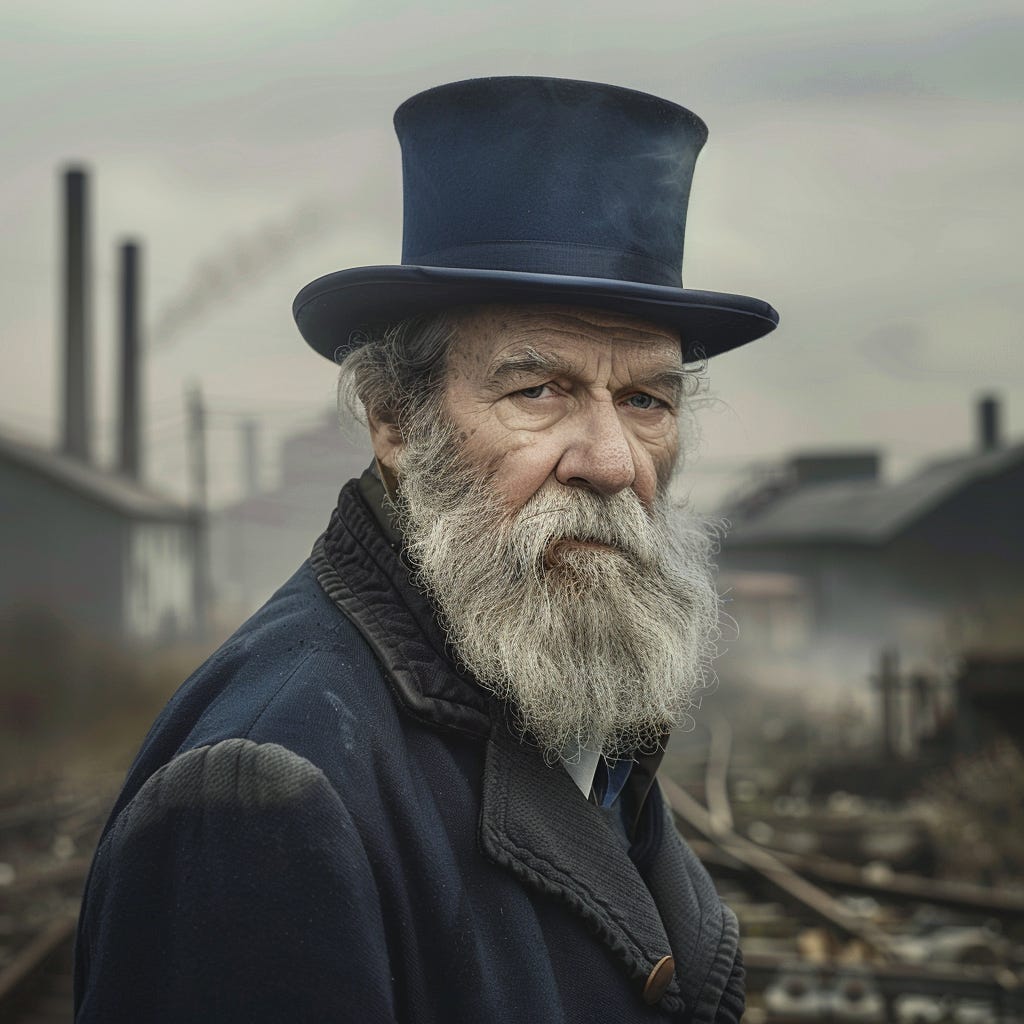
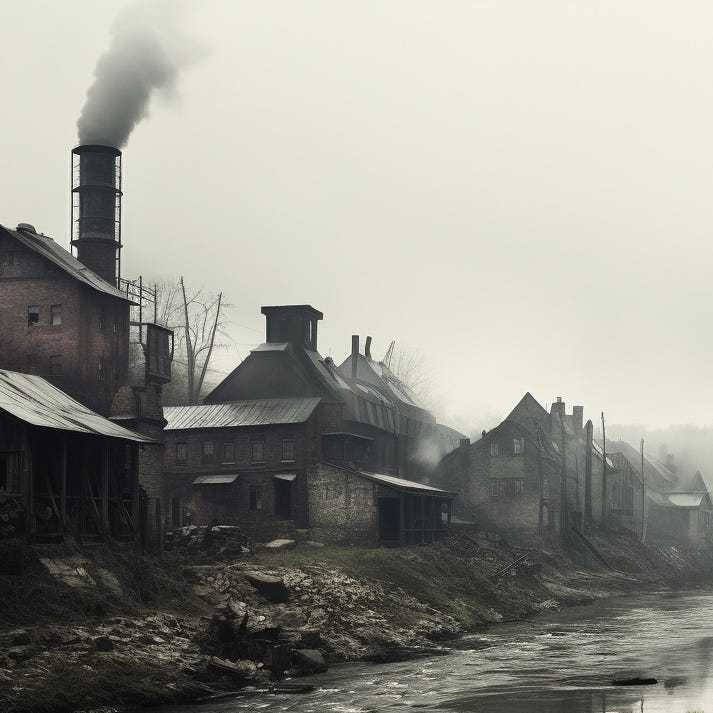

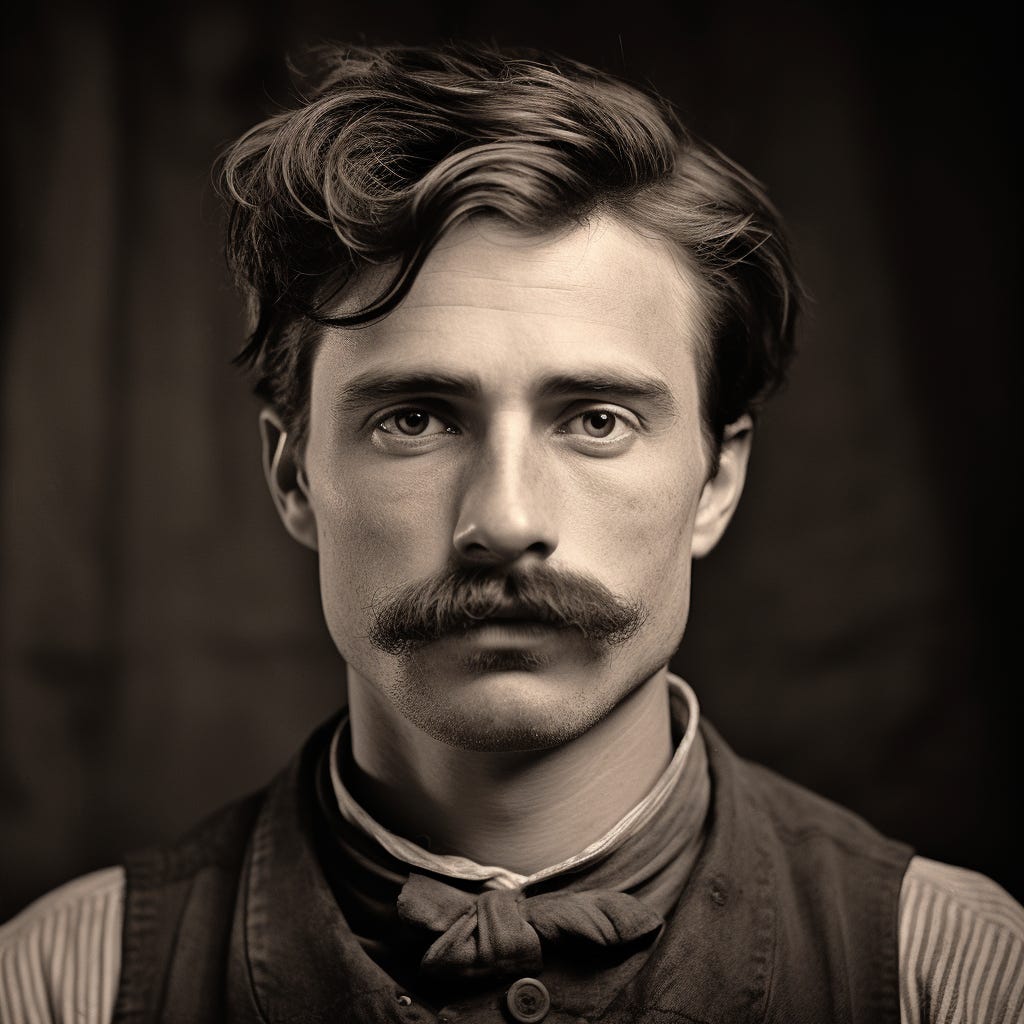

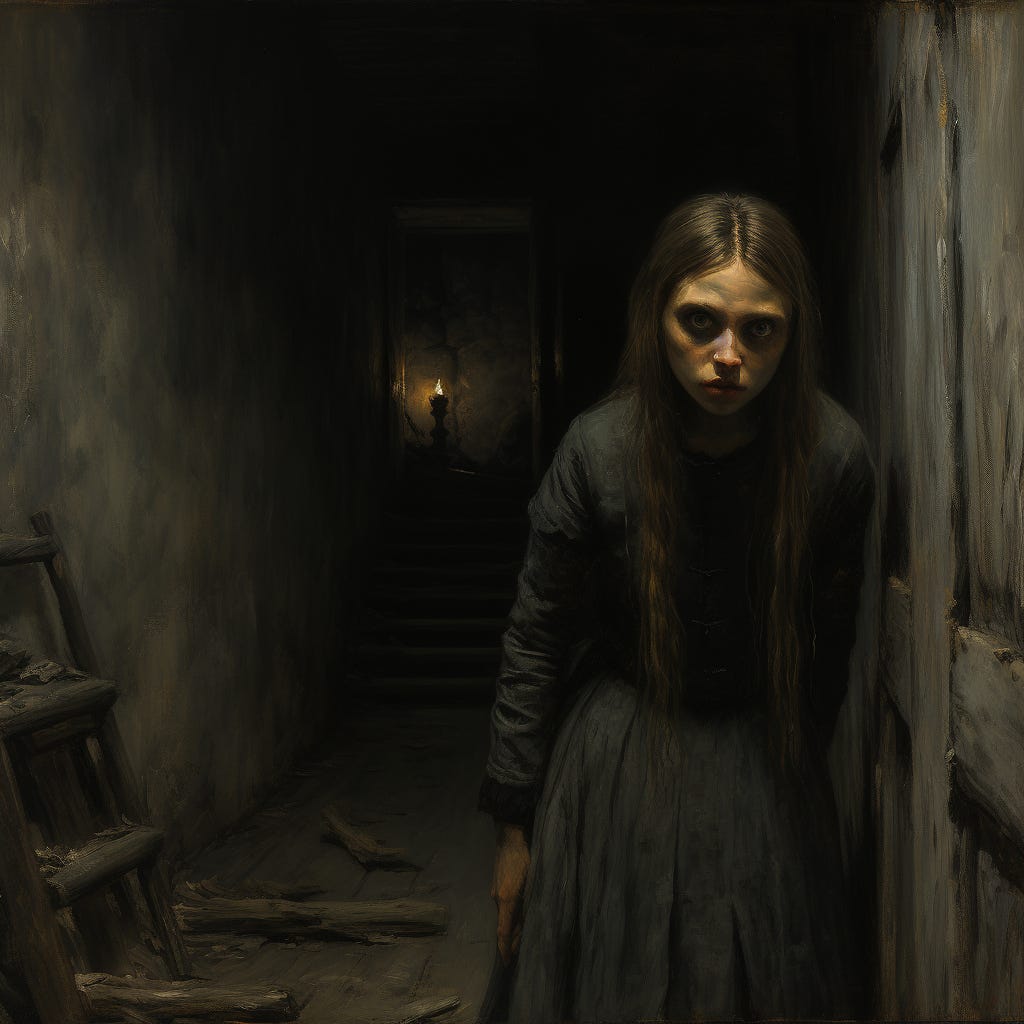


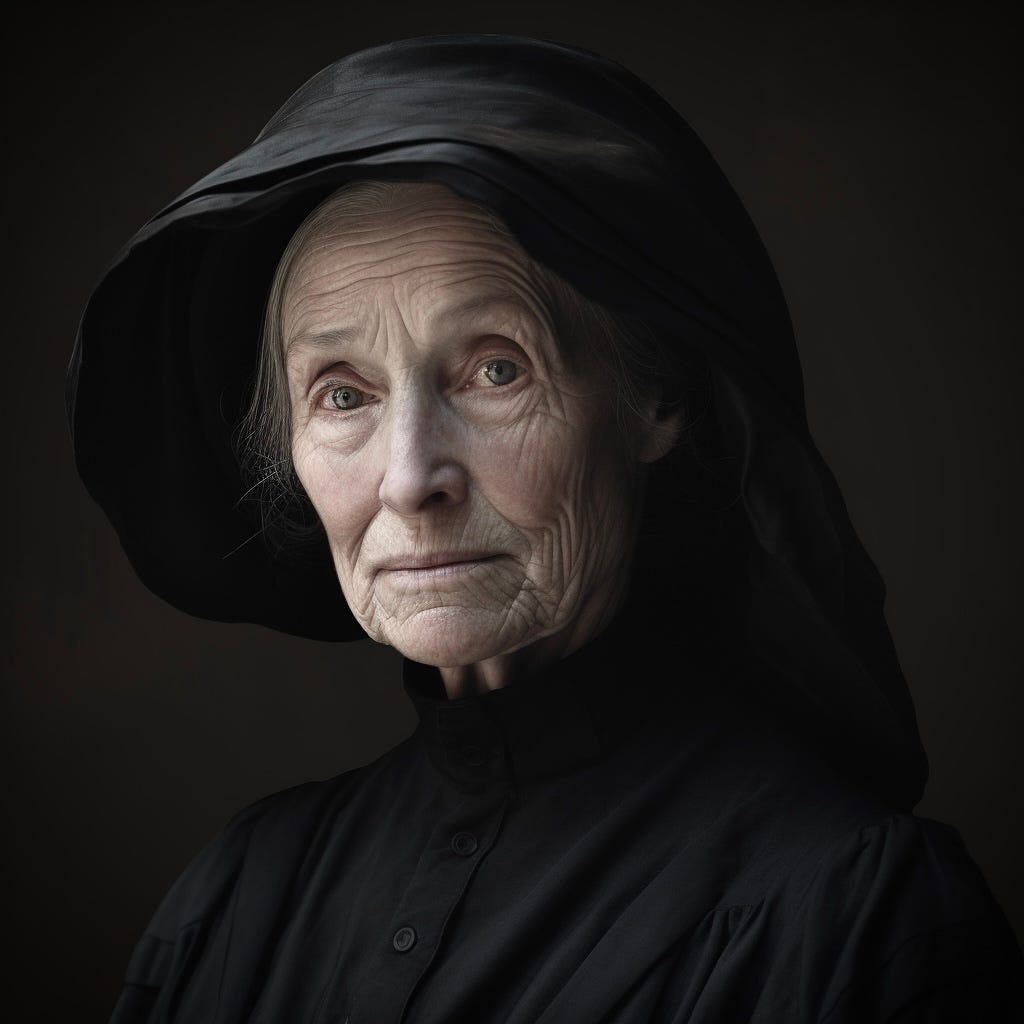

I always look forward to these and am enjoying them very much.
Your stories really made me shiver... the description of the bodies... mixed with mud... or the impact of the pictures... all combined... Wow... (And the colors!)